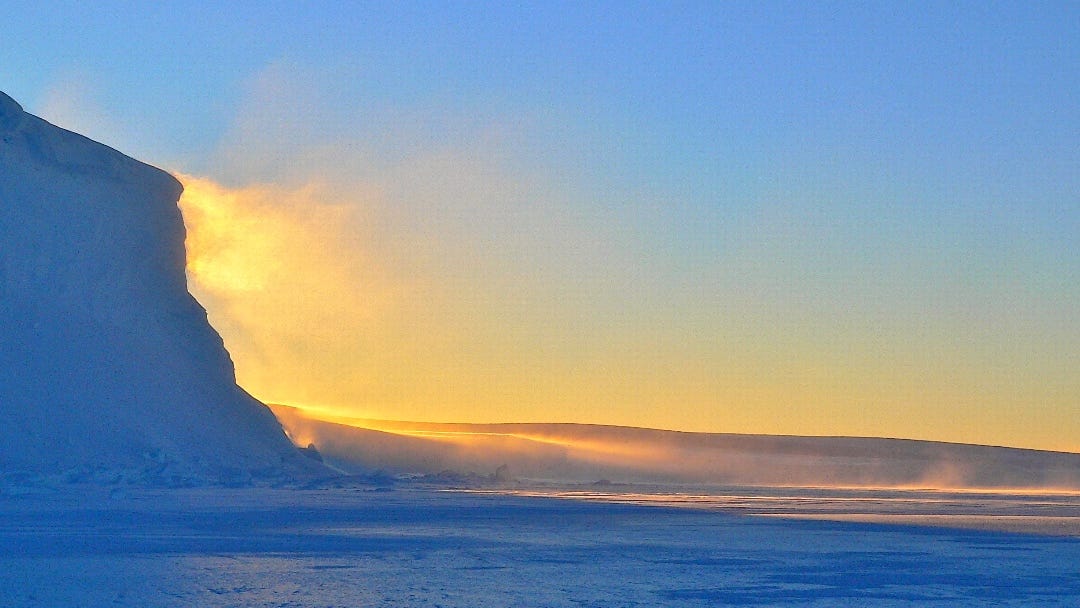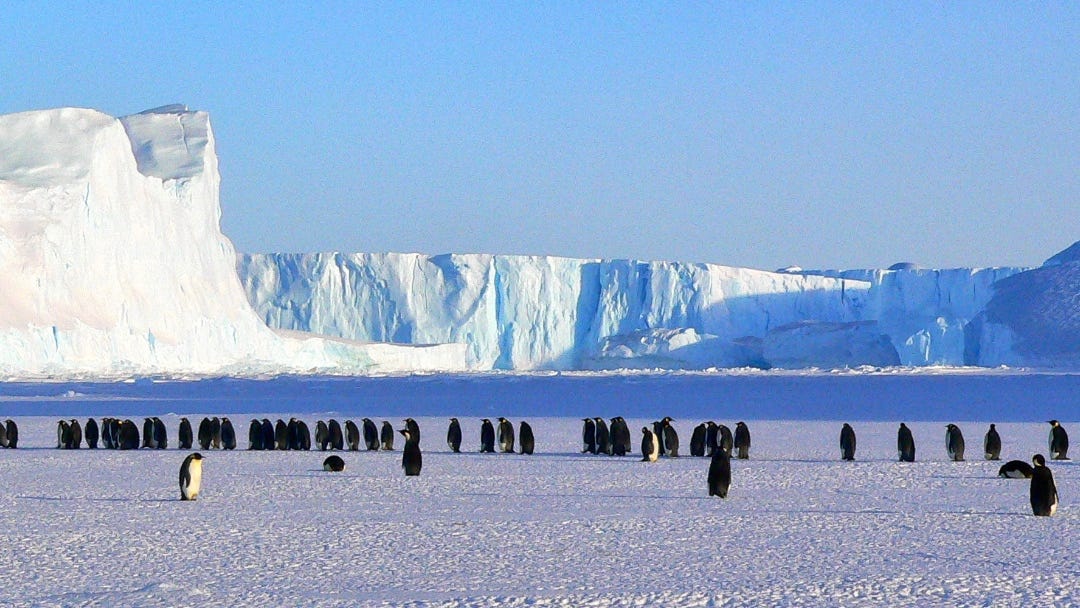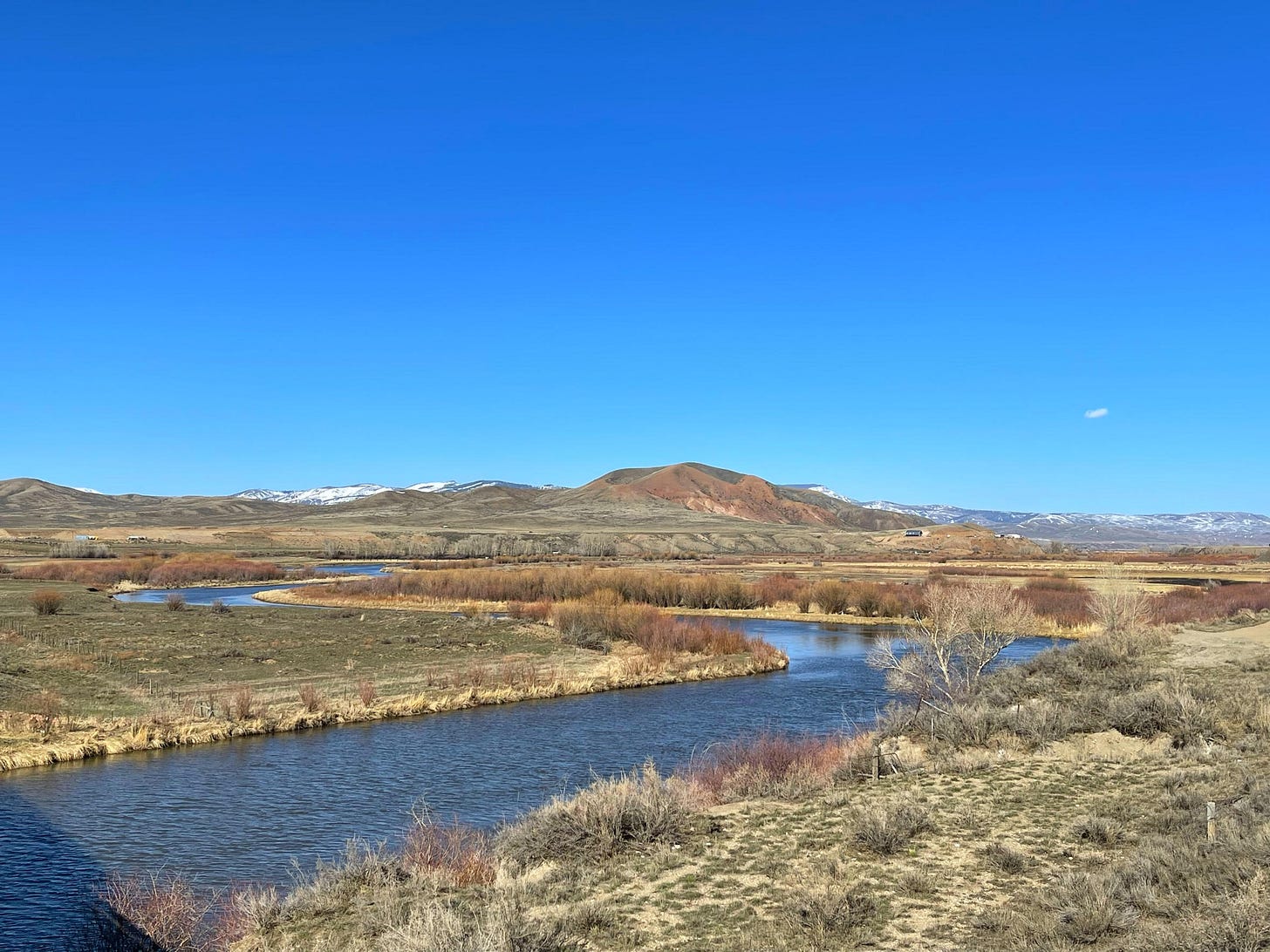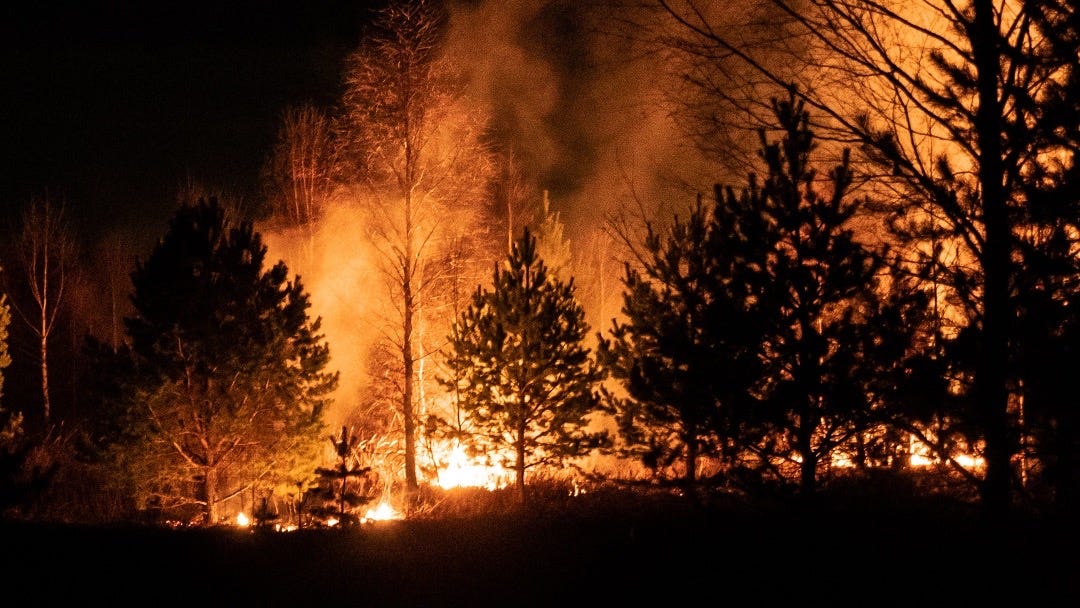New Climate Study Concludes: For 3.5 Billion People, 2°C is Too High.
When 'Glacial Pace' Has Taken an Entirely Different Meaning in the Age of Climate Change

As delegates from various nations gather in Bonn, Germany, to conclude the first evaluation of the Paris climate agreement pledges, a remarkable coalition of countries and scientists is challenging the original Paris Agreement goal of limiting global warming to 2 degrees Celsius and even the lower 1.5 degrees Celsius limit could be too high. Tomorrow, on June 7, they will present their findings in a press conference before a further discussion in Bonn the following day.
The newly formed Ambition on Melting Ice (AMI) group, consisting of 20 nations, including vulnerable countries such as Iceland, Chile, Liberia, Vanuatu, and Senegal, alongside leading scientists, is calling for a reevaluation of the Paris Agreement's goals based on the latest research on the world's ice.
The AMI group, established during COP27 in Sharm el Sheikh, will highlight new findings on the global impacts of melting ice sheets, glaciers, and permafrost. The group argues that the original goal of limiting global temperature rise to 2 degrees Celsius is no longer acceptable. Even the lower threshold of 1.5 degrees Celsius, which has gained significant attention in recent years, may still be too high in light of mounting evidence.
Accelerating sea-level rise
One of the critical concerns scientists and AMI countries express relates to irreversible ice loss and its catastrophic consequences for sea-level rise. Professor Chris Stokes, a glaciologist from Durham University, warns, "We are on the edge of a cliff" because the latest science indicates that the threshold for irreversible ice loss from Antarctica is much lower than previously thought. Stokes cautions that if we continue our current trajectory, we risk triggering runaway feedbacks within the next few decades, resulting in accelerated sea-level rise far beyond our worst fears.
Negotiator Carlos Fuller from Belize echoes the sentiment, asserting, "Knowing what we know today, 2 degrees Celsius could not even be on the table. Indeed, even 1.5 degrees Celsius may be too high." These concerns align with a recent Nature study, authored by Johan Rockström, Joyeeta Gupta, and their colleagues, which declares that the world has already exceeded the safe and just climate boundary, set at 1 degree Celsius above pre-industrial levels, which is already causing significant harm to tens of millions of people.
The urgency of the situation is underscored by the Intergovernmental Panel on Climate Change (IPCC), which estimates that up to 3.5 billion people live in regions highly vulnerable to sea-level rise and rely on water from glaciers and snow. Real-time observations of the Greenland ice sheet and mountain glaciers reveal that the rate of ice loss exceeds the upper range projected by the IPCC's latest assessment report (AR6).
"The scale of change we are witnessing should be a wake-up call for every policymaker at this conference," emphasizes Dr. James Kirkham, an Antarctic scientist associated with the AMI group. He says the transformation of the ice sheet is striking, with kilometers of ice lost within just a few years. He adds that the term 'glacial pace' now has an entirely different meaning.
Speaking on behalf of the AMI group, Izabella Koziell, Deputy Director of ICIMOD, a Himalayan group based in Nepal, stresses the immediate impacts of ice melting. "The damage is happening here and now; this is not about future impacts. Melting glaciers and erratic snowfall, disrupting water supplies, widespread flooding alongside heatwaves and droughts, and disruption of the monsoon; it's the harsh reality for two billion people in the Hindu Kush Himalayan region today. We must cut emissions now, even while we adapt for tomorrow."
Safeguarding the planet
After tomorrow's press conference and the next day's debate, we'll likely hear more about this report in the media. I have seen so many over the years, each more shocking than the previous ones; this one has horrible predictions too.
Regrettably, there is a lingering sense of sadness that, like its predecessors, this report may not generate the expected reaction of alarm and urgent action. If our house were on fire, the logical response would be to act swiftly and decisively. Similarly, we must respond with the same urgency with our planet facing an existential crisis.
The Ambition on Melting Ice group exemplifies the approach we should embrace – refusing to give up, bolstering their case with compelling evidence from esteemed scientists, and rallying nations with divergent interests around our shared objective of safeguarding our only home: Earth.
I appreciate your involvement in this community. The support from subscribers like you is what keeps this newsletter alive. If you haven't joined yet, I encourage you to consider becoming a member. Furthermore, I appreciate your efforts in sharing this content with others and contributing your thoughts in the comments section.
For today’s D-day post on Patreon, click here.
For my latest post on Instagram click here:
To follow me on Patreon, for extra posts and photos, use this button (7-day free trial):
Oker
From my high table, I watch the scene unfold in a restaurant on Denneweg, that charming street in The Hague known for its cafes and antique shops. Inside, two men find solace at the bar, their conversations interwoven with tales of distant lands and untamed adventures. Nearby, a couple leans in close. I can't hear their whispered stories, shared secrets…
On the broken record of climate policy intentions and broken records of climate change
We share this small planet with eight billion other people and uncountably more animals and plants. In a world with responsible management of production and consumption, there should be enough resources to support all of us, allowing for a happy, secure, and harmonious existence.
Notes:
Both photos by Siggy Nowak from Pixabay











I would like to welcome this new challenging group AMI who’s serious affirmation is based on events and highlights “new findings on the global impacts of melting ice sheets, glaciers, and permafrost” .
This AMI group, as you write: … “exemplifies the approach we should embrace, refusing to give up, is bolstering their case with compelling evidence from esteemed scientists, and rallying nations with divergent interests around our shared objective of safeguarding our only home: Earth.”
Thanks to you and them.
If only developed nations could react to the climate crisis as quickly and effectively as they did in developing a covid vaccine! We know it is possible, we just need the willpower.